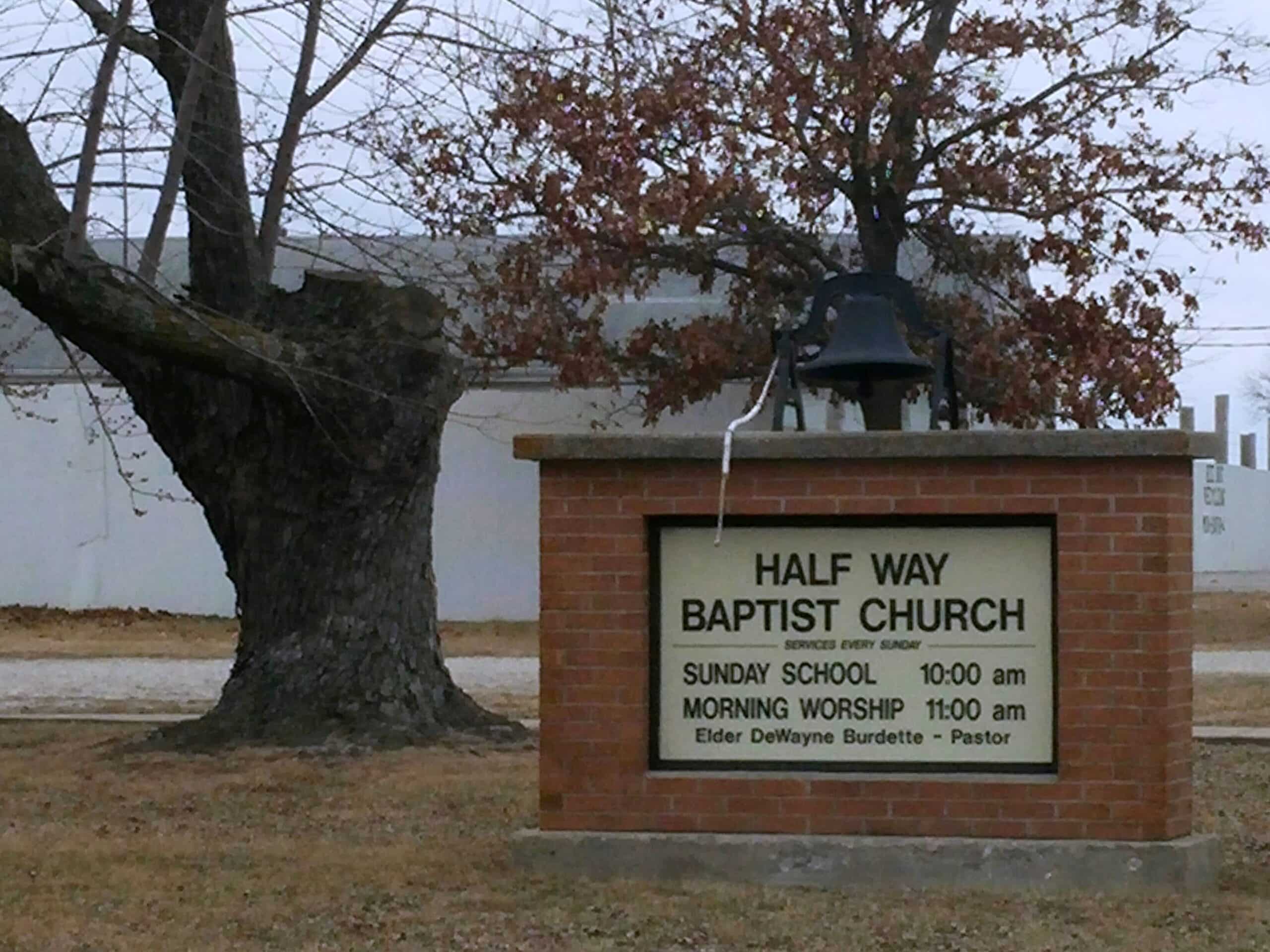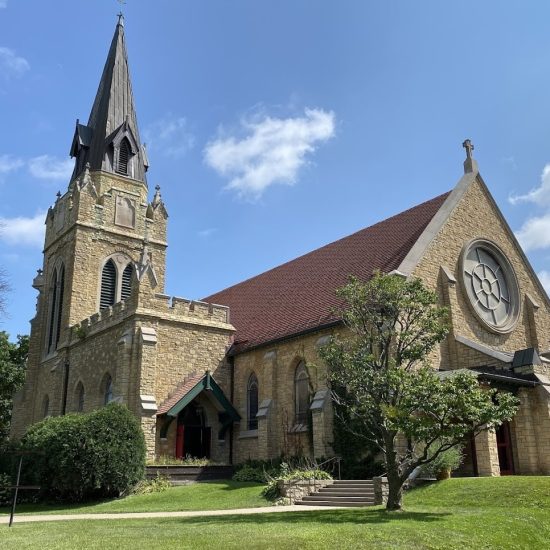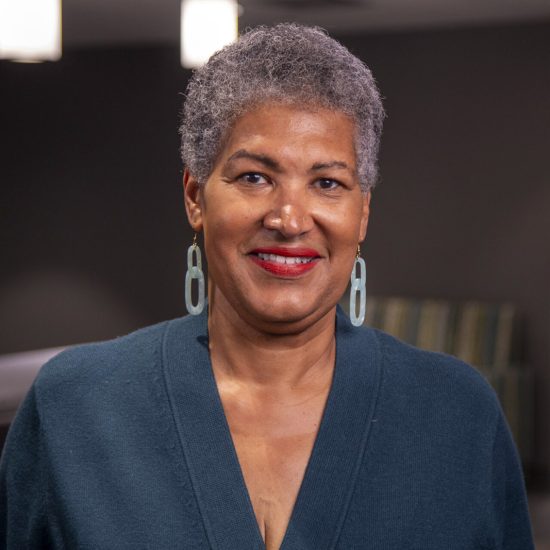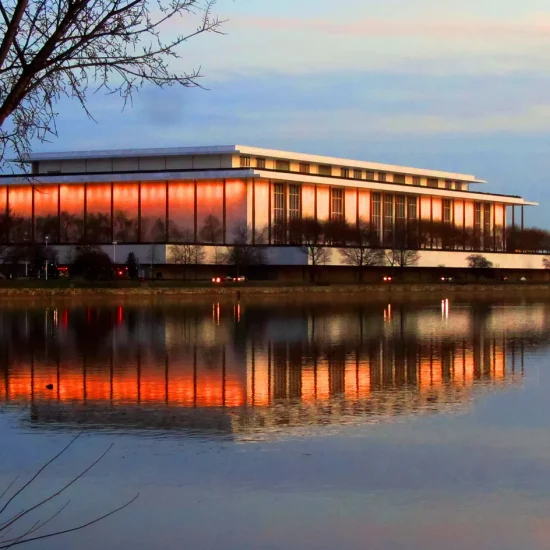A church in Springfield, Mo., decided to change their name a few months ago. Originally known as First Evangelical Free Church of Springfield, the large congregation now goes by The Springs Church. Why did they change their name? The church’s leadership explained that “the old name would cause some confusion because people would think that the church was free from evangelicals, which is not the case at all.” Rather than a church free of any evangelicals, it remains a church full of evangelicals. The church belongs to the Evangelical Free Church of America, an evangelical denomination in the free church tradition (much like Baptists).
“We have known for some time that our name was confusing to many people,” said Pastor Jerry Carlin of The Springs Church. “We’re the same people, with the same beliefs but a more understandable name.”
 Brian KaylorI chuckled at the story, but Baptists are not immune to funny-sounding church names. For instance, there’s Greater Second Baptist Church in Little Rock, Ark. I’m not sure if there’s a lesser one. There’s a Little Hope Baptist Church in Canton, Texas. I’d prefer one with lots of hope. There’s a Battle Ground Baptist Church in Washington and another in Louisiana. It seems appropriate there are multiple Baptist battlegrounds.
Brian KaylorI chuckled at the story, but Baptists are not immune to funny-sounding church names. For instance, there’s Greater Second Baptist Church in Little Rock, Ark. I’m not sure if there’s a lesser one. There’s a Little Hope Baptist Church in Canton, Texas. I’d prefer one with lots of hope. There’s a Battle Ground Baptist Church in Washington and another in Louisiana. It seems appropriate there are multiple Baptist battlegrounds.
One of my favorite Baptist church names is one I passed frequently while a student at Southwest Baptist University in Bolivar, Mo.: Halfway Baptist Church. The name notes its city that sits halfway between Bolivar and Buffalo. I remember laughing at the idea of a church being just halfway Baptist and not quite ready to go fully Baptist. Although not true of that congregation, I recognize there are actually some who act like halfway Baptists.
As Baptists, we share a rich heritage of over 400 years of worship and ministry. Numerous historic Baptist principles continue to provide a faithful and fruitful guide. Principles like believer’s baptism, priesthood of all believers, religious liberty and separation of church and state, autonomy of the local church and congregational church governance. These ideals, drawn from scriptures and prayer, even remain helpful for living out our faith in the 21st Century.
A temptation emerges throughout history to toss out principles. Perhaps they seem inconvenient or prevent some individuals from exerting the influence they desire. A greater problem these days seems to emerge from our lack of attention to who we are and why. If we don’t teach why we care about religious liberty or church autonomy, then some Baptists may decide those ideals aren’t necessary any longer.
This year will mark the 500th anniversary of the start of the Protestant Reformation—with Baptists emerging in that first century of that new religious landscape. As we start this year, it seems like a great time to make a resolution to study Baptist history and principles so we can better understand who we are, how we got here and who we should be in the future. This should help us avoid turning into halfway Baptists.
Brian Kaylor is editor of Word&Way.

Halfway Baptist Church






